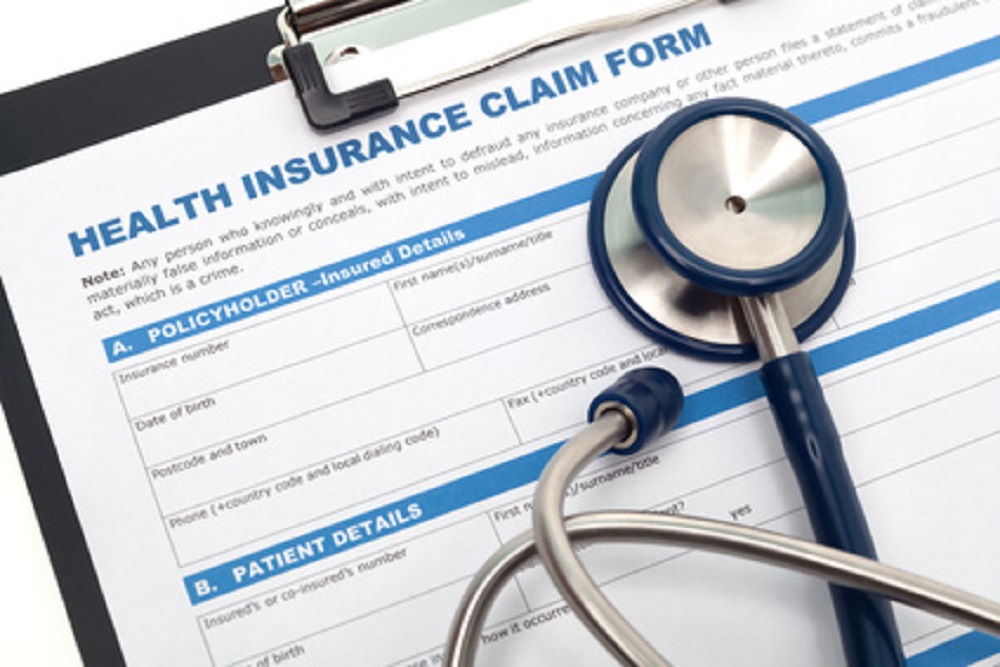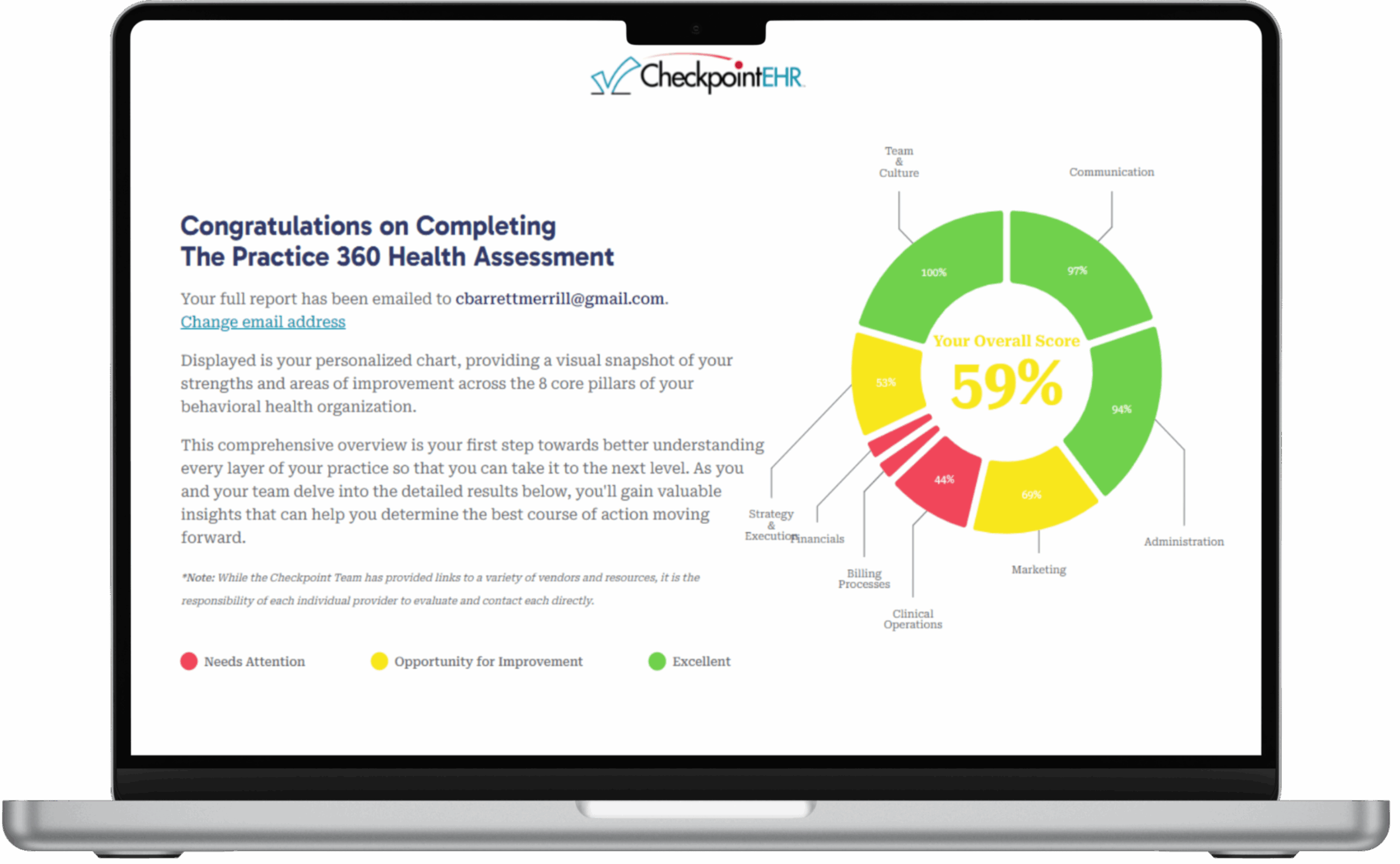7 Key EHR Features for Medicaid Billing

While the primary focus of a healthcare practice is to provide treatment for patients, the provider also needs to generate sufficient income to stay in business. That makes billing functions extremely important, and EHR features for Medicaid billing help to streamline the process.
7 EHR Features for Medicaid Billing
1. Flexibility
Unlike Medicare, which works the same in every state, Medicaid application and eligibility differs from state to state. The best EHR systems are customizable, and this flexibility is important to accommodate different Medicaid procedures. Customizable components are one of the most important EHR features for Medicaid billing.
2. Accuracy
Medicaid claim forms include details about the patient and the treatment being billed. Much of the input is coded using the International Classification of Diseases, Place of Service codes, Current Procedural Terminology codes and the Healthcare Common Procedure Coding System.
There is plenty of room for error when these codes are entered manually. Poor handwriting may be interpreted incorrectly and inaccurate codes entered. EHR eliminates this type of error. EHR features for Medicaid billing include the ability to select the right codes for each category.
3. Faster Payment
Using EHR features for Medicaid billing results in faster payment, because there will be fewer occasions when claims have to be resubmitted due to errors or discrepancies.
4. EHR Incentive Programs
Eligible practitioners were entitled to cash payments to offset the cost of implementing EHR. Although the incentive programs are no longer automatically available, healthcare providers may still be able to qualify for reimbursement in cases of hardship.1
5. Eliminating invalid claims
EHR makes it easier to access data about patients, including the types of health insurance each patient has. Maintaining this type of data manually can lead to oversights. Since Medicaid will only pay out if there is no other healthcare coverage, it is important for providers to have insurance information on hand so as not submit invalid claims.
6. Efficiency
Manual Medicaid billing is time-consuming and complex. Healthcare providers often need to recruit staff to deal solely with this function. Solo practitioners and smaller providers may not have the resources to recruit specialist billing staff. They may have to handle billing, instead of fulfilling their primary function of treating patients. EHR vastly reduces the amount of time needed to generate accurate claims and bills.
7. Financial Benefits
Healthcare providers who implement EHR can reduce costs and increase income. It may be possible to reduce staffing levels when an automated system is in place. With EHR, paperwork becomes less important, and there will be no need for additional storage space for medical records. Freeing up human resources can allow a provider to take on more patients, bringing additional revenue.
Other EHR Benefits
EHR offers many other benefits to medical practitioners. Apart from streamlining billing and reducing errors, EHR systems can include useful tools like clinical decision support, which allow practitioners to offer a higher level of patient care.2


